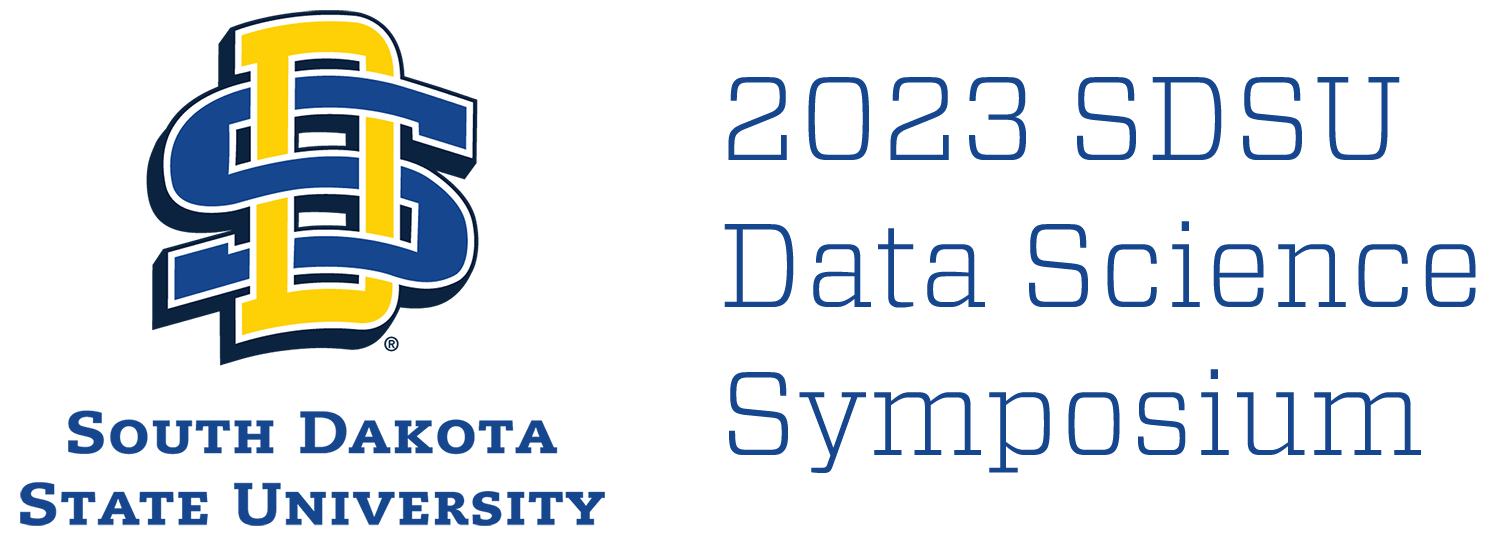A Novel Approach to Detect COVID-19 Fake News by Mining Biomedical Information from News Articles
Presentation Type
Poster
Student
Yes
Track
Health Care Application
Abstract
Containing the spread of fake news is crucial to the management of the COVID-19 pandemic response. Machine learning models have been used to automatically detect COVID-19 fake news from news content. Current machine learning features have limitations in preserving the biomedical information reported in the news articles. To address this limitation, we propose a novel approach to predict COVID-19 fake news by combining biomedical information extraction (BioIE) with machine learning models. We extracted 158 novel features using advanced BioIE algorithms. Fifteen machine learning classifiers were trained to predict the COVID-19 fake news using those BioIE-based features. Among the fifteen classifiers, random forest achieved the best performance with an Area Under the ROC curve (AUC) of 0.892. We demonstrated that BioIE-based features have higher prediction power as compared to the existing machine learning features. We next developed a multi-modality model by combining BioIE-based features with existing features. Our new model outperformed a state-of-art multi-modality model (AUC 0.916 vs. 0.875). In summary, our study indicates that mining biomedical information from news articles has great potential in identifying COVID-19 fake news.
Start Date
2-7-2023 1:00 PM
End Date
2-7-2023 2:00 PM
A Novel Approach to Detect COVID-19 Fake News by Mining Biomedical Information from News Articles
Volstorff A
Containing the spread of fake news is crucial to the management of the COVID-19 pandemic response. Machine learning models have been used to automatically detect COVID-19 fake news from news content. Current machine learning features have limitations in preserving the biomedical information reported in the news articles. To address this limitation, we propose a novel approach to predict COVID-19 fake news by combining biomedical information extraction (BioIE) with machine learning models. We extracted 158 novel features using advanced BioIE algorithms. Fifteen machine learning classifiers were trained to predict the COVID-19 fake news using those BioIE-based features. Among the fifteen classifiers, random forest achieved the best performance with an Area Under the ROC curve (AUC) of 0.892. We demonstrated that BioIE-based features have higher prediction power as compared to the existing machine learning features. We next developed a multi-modality model by combining BioIE-based features with existing features. Our new model outperformed a state-of-art multi-modality model (AUC 0.916 vs. 0.875). In summary, our study indicates that mining biomedical information from news articles has great potential in identifying COVID-19 fake news.

